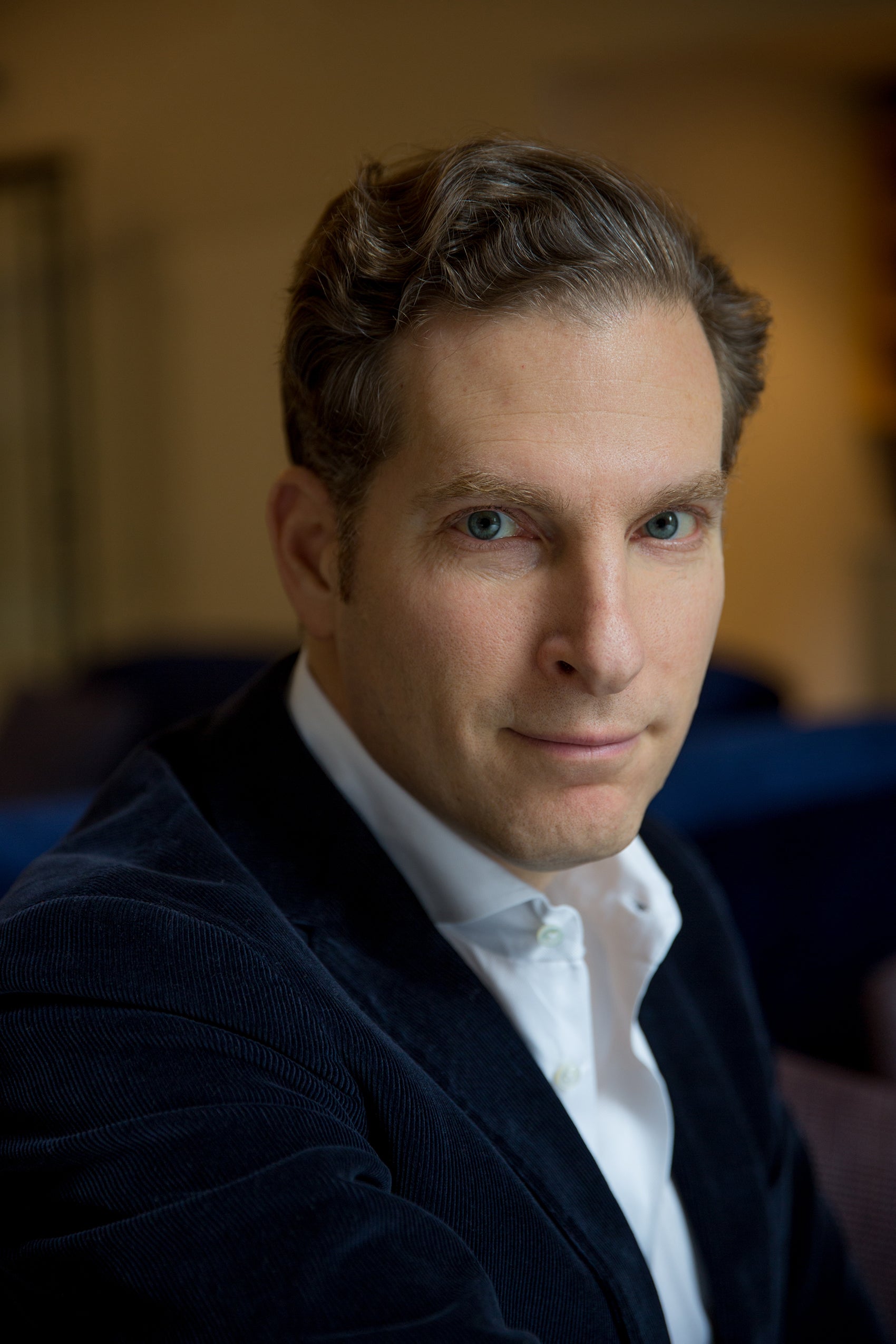In a decision announced Wednesday, Facebook’s new Oversight Board sustained the social media giant’s initial decision to deplatform President Donald Trump in the wake of the January 6 Capitol insurrection. But the panel also criticized the company for imposing “the indeterminate and standardless penalty of indefinite suspension,” and demanded it review that decision within six months.
Harvard Law School Professor Noah Feldman first proposed the idea of the Oversight Board to Facebook, helped design it, and continues to advise the company on issues related to free expression. Harvard Law Today spoke to Feldman about the panel’s ruling, the board, and the criticism both have received.
Harvard Law Today: What do you think of the board’s decision?
Noah Feldman: I’m really proud of the Oversight Board for doing oversight. They correctly told Facebook that, if it’s going to infringe on free expression values, it has to do it through clearly stated rules, not in an ad hoc way. And at the same time, they also, I think, did the right thing in giving Facebook some time to produce rules that can then be applied not only to Donald Trump, but to all users going forward to determine when something should be removed from the platform. I was also pleased that the board emphasized the core free expression value both under the U.S. Constitution and under international law. Not that either of those is directly binding, but each is a significantly persuasive source for figuring out what Facebook should be doing.

HLT: Did anything surprise you?
Feldman: I was a bit surprised by how much the decision looked like a judicial decision in the familiar-to-lawyers form of: ‘We instruct down your action. And we remanded it back to you to do it right.’ That decision structure looks unfamiliar to non-lawyers, which is why you get some news reports saying they punted or they didn’t decide. That’s almost always the conclusion of someone who doesn’t recognize the remand form, which is common in the administrative context or in the judicial review context. So, I was surprised and struck by just how much they follow the model of a legal decision.
Though I can understand it from a pragmatic perspective, they didn’t spend a lot of time explaining why [the board gave Facebook] six months. Why couldn’t they still do this in one month or in three months? Or, if it’s a question of giving pragmatic space, why not give them a year? The six-months part of it sounds a bit more like a compromise than like an independent principle judgment. So, I was a little surprised by the six months number.
HLT: The board has been compared to the U.S. Supreme Court. Sticking with that analogy for a moment, is this decision comparable to Chief Justice John Marshall’s decision in Marbury v. Madison — establishing an important principle without backing anyone into a corner? Or is that analogy off base?
Feldman: I actually think that’s a thoughtful analogy. It’s not identical to what Marshall did in Marbury, but the decision did, like in the Marbury decision, avoid ordering the most powerful actor immediately to reverse course. The decision nevertheless tried to establish a couple of important principles, including most fundamentally the power of the board to say that Facebook got it wrong. So, in that sense, that is something that the Court did in Marbury. And on the board, you have Michael McConnell, a former federal judge, and you have Jamal Greene, a law professor who has written the Harvard Law Review Foreward and has thought a lot about judicial review. It’s not a coincidence that you have people who are deeply steeped in the way judges and law professors and lawyers think about judicial review issuing a decision in this form.
HLT: Is this what you envisioned the board would do when you first suggested the idea?
Feldman: Yes. I must say that the whole idea with which I began was with an analogy to a Supreme Court that would engage in substantive review of decisions. And if the company did not follow its own principles, or its own values, or its own rules, [the board] would send it back to the company and say: ‘Do it again and get it right this time.’ I did not think from the beginning, and still don’t think, that the board is well suited to make the policy judgment in the first instance. That’s not what it’s designed to do, just the way that the judiciary doesn’t ordinarily make the policy decision in the first instance. So, the structure of oversight is borrowed from the structure of judicial review. And I think that the Oversight Board here very much acted according to its design DNA.
HLT: Is this a precedent that Facebook, and other social media outlets like Twitter, are going to need to follow?
Feldman: Well, I would differentiate Facebook from other entities. Facebook has committed itself to following the judgments of the Oversight Board. So, those judgments will have precedential effect for Facebook. For other entities that aren’t covered by the Oversight Board, the question is: Will they treat what the Oversight Board has done as a kind of persuasive authority, a kind of inspiration or source of ideas, or will they not? And that’s going to really be up to them, but also up to the way people perceive the board’s job as having been well done or not well done. If over time, the board is seen as having made good decisions, and having improved the overall quality of decision making, you may see other organizations creating similar boards. Or you may see them listening to arguments or ideas posed by the Oversight Board. Or you may see them seeking to participate in some industry-wide governance. Those are all future possibilities. But that just depends on what they choose to do. And that’s going to be up to them since, in the first instance, the board only has jurisdiction over Facebook.
HLT: What would you say to critics on one end of the spectrum, who have accused Facebook of anti-conservative bias, and on the other end, who worry that this is too little too late?
Feldman: Well, I hear and understand both of those points of criticism. It’s in part because of criticisms like that, on both sides, that Facebook and particularly Mark Zuckerberg were willing to try out this pretty extraordinary new experiment in governance which, as far as I know, has never been tried before, namely, to try to create an independent court-like entity and then subject the company itself to its binding judgment. So, when a company has to make these decisions without any source of independent oversight, totally on its own, it is going to be subject to the criticisms of the kinds you describe. No matter what it does, it will be told, ‘you’re too biased against the right,’ or alternatively, ‘you’ve not done enough; you’ve placated the right.’ And Facebook has gotten both of those criticisms. And to some degree, those criticisms are not mutually compatible, and they’re being made by different people. What one would really like would be for the crucial decisions to be subject to oversight, such that the independent Oversight Board can make sure that the company is not biased in either direction.
HLT: Is there anything else you would like to add?
Feldman: I would just say that it was asking a lot of a brand-new institution like the Oversight Board to, as one of the first cases that it has ever decided, decide what may well be the biggest case that it ever decides in its natural life. That’s a big challenge for a new institution. And given the scope of that challenge, I think the board did remarkably well under the circumstances. And I hope that lawyers, especially who will have an intuitive understanding of what has happened, will help explain that to other people.
